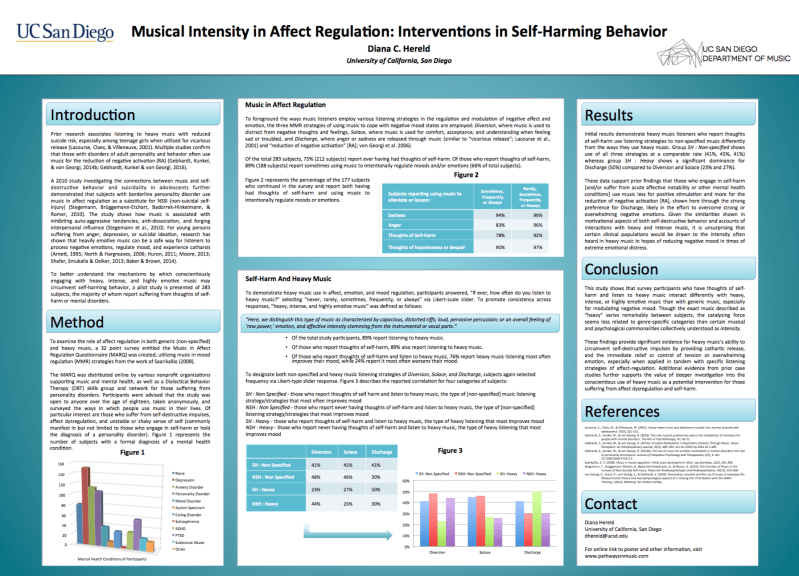
Note: Pathways in Music is going to go ahead and vehemently endorse this conference.
CALL FOR PAPERS – DEADLINE: October 20, 2015 12 noon GMT
METAL MUSIC AND CULTURE FROM A CROSS-DISCIPLINARY PERSPECTIVE
December 3-4, 2015 • Odense, Denmark
The Performances of Everyday Living Dept. for the Study of Culture, University of Southern Denmark (SDU) at Odense with the support of The Danish Council for Independent Research | Humanities
Keynote speakers: Rikke Platz Cortsen, University of Copenhagen, Denmark • Theodore Gracyk, Minnesota State University Moorhead, USA • Keith Kahn-Harris, Birkbeck College and Leo Baeck College, UK • Imke von Helden, University of KoblenzLandau, Germany • Florian Heesch, University of Siegen, Germany • Toni-Matti Karjalainen, Aalto University, Finland • Tore Tvarnø Lind, University of Copenhagen, Denmark • Karl Spracklen, Leeds Beckett University, UK.
The research program The Performances of Everyday Living at the University of Southern Denmark (SDU) at Odense is pleased to invite paper submissions for presentation at MIND OVER METAL: METAL MUSIC AND CULTURE FROM A CROSS-DISCIPLINARY PERSPECTIVE, December 3-4, 2015 at SDU in Odense, Denmark. We welcome research presentations that examine metal music and culture from the perspectives of philosophy, musicology, marketing, media studies, medicine, acoustics, theology, literary studies, music pedagogy, semiotics, sociology, linguistics, religious studies, anthropology, psychology, biology, education studies, music therapy, performance studies and culture studies. Exemplification by means of audio-visual material is most welcome. The time allotted per paper will be 30 minutes for presentation and 15 minute for discussion; each speaker will thus be accorded 45 minutes including discussion. An abstract of minimum 350 words/maximum 400 words should be submitted to cmgrund@sdu.dk with “Paper submission for Mind over Metal” on the subject line no later than 12 noon GMT on October 20, 2015. Each abstract submitted will receive double-blind peer review, and you will receive notification of whether or not your paper has been accepted for presentation by 12 noon GMT on October 27, 2015. Papers presented at the conference will be afforded the opportunity for publication in a special issue of JMM: The Journal of Music and Meaning http://www.musicandmeaning.net, provided they pass the double-blind peer review process employed by JMM. JMM is an international peer-reviewed academic online journal published from the Study of Culture at SDU with the support of The Danish Council for Independent Research | Humanities. Portions – perhaps all – of the conference – will be streamed live online. Attendance at the conference is free; there is no conference fee. All who receive notice that their papers have been accepted for presentation are asked to confirm participation no later than November 1.
We request that all who wish to come to SDU on December 3 and 4 simply to attend the conference (without presenting a paper) register no later than November 19, 2015 by sending an email marked “Registration” to cmgrund@sdu.dk. Information about lodgings, eating establishments and other practical facilities in Odense, as well as updates regarding the conference in general will be available at http://www.soundmusicresearch.org/mom/updates.pdf.
A poster is available at http://www.soundmusicresearch.org/mom/PLAKAT_280915.pdf




You must be logged in to post a comment.